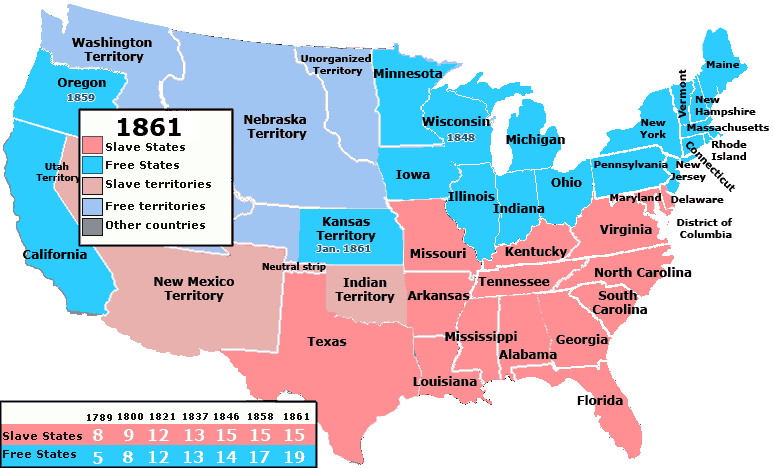Colby Cosh pours cold water on the still-smouldering hopes of the “smoking gun” enthusiasts:
If the president can be found guilty of “Treason, Bribery, or other High Crimes and Misdemeanors” that is another thing, but that would require courtroom-worthy evidence of action, as opposed to indications of presidential doctrine or feeling or even strong hints of compromised personal interest. Trump did behave in Helsinki like someone who is beholden to Russia, or who is anxious for a rapprochement with Putin’s state. Yet he was, and this could not have come as a surprise, quick to try reversing himself later — emphasizing how tough he has been with Russia and how tough he is prepared to continue to be. Grrr!
Since I’m not on a diet of television news, I tend to interpret this as Trumpian “leadership” technique. They are the actions of someone who is convinced that anything can be accomplished by means of erratic emotional style and business-literature verbal tactics. These include cheap personal praise for negotiating opponents, which has become a perfectly foreseeable theme of Trump as a diplomat. (The tactical corollary is that very popular or highly esteemed people are especially vulnerable to outbursts of surprise criticism, and that has been a feature of Trump, too.)
It does not really cost the United States anything for Trump to praise Putin as skilled and strong (as a tyrant, he has been effective at maintaining domestic moral legitimacy, even if judged by the cost in shed blood) or to portray Kim Jong Un as a young man coping with terrible responsibilities. (Trump’s distaste for NATO is more dangerous as rhetoric, but did the other member nations forget for a while that political legitimacy within the United States is a prerequisite for the organization’s existence? If in the long run we devote a little more attention to the necessary housekeeping, Trump may have done the world a service.)
[…] The midterm congressional elections will be held with a long-forgotten fact re-emerging in the American popular consciousness: that much of the president’s power to set foreign policy and foul up trade is actually the property of Congress, and could be reclaimed after a century of careless delegation.
Perhaps some Americans are beginning to consider that it does not matter most whether you are with the good guys in the Trump/anti-Trump drama. Which is not to say you do not want to be one of the good guys. But the opportunity for American millennials, considered as a generation on the cusp of electoral dominance, is not just to kick Trump out, but to renovate the presidency so that the republic can survive having an unsuitable or even compromised person as president. Everybody got that? Are we good? Eyes on the ball, people.




